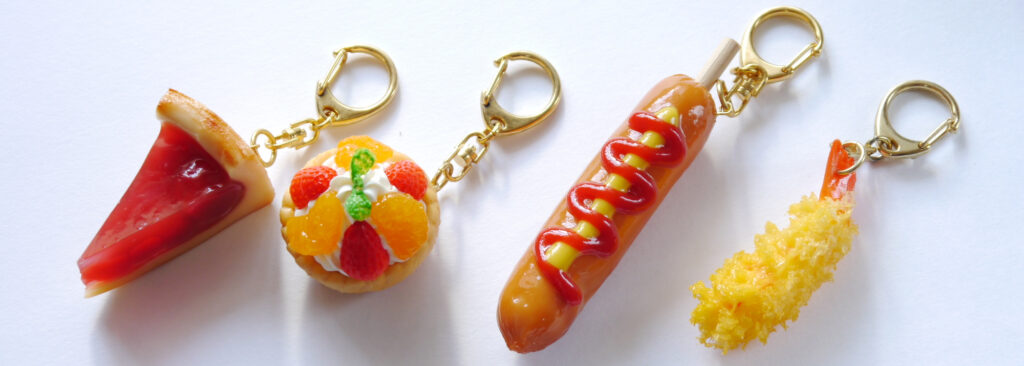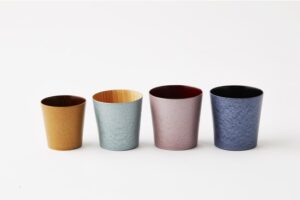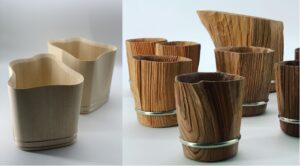This is not edible?! FOOD SAMPLE, FAKE FOOD
Unbelievably realistic Japanese food samples.
They look yummy, but you can’t eat them… Wouldn’t you like to try them?
If you have never tried a dish on the menu before, it can be hard to clearly imagine it even if there is a written description.
But if there’s a sample of the dishes available, you exactly know what to expect!
A food sample is a dish model displayed in front of or inside many restaurants in Japan. They are made from materials such as synthetic resin, which are a great way to visually describe a product rather than in words.
They’re not real, so they won’t spill out. Often displayed in shop display cases, tilted at an angle for easy viewing. Look how delicious they are, making it hard to believe we can’t actually eat them!

In the early days, food samples were made by shaping a real object with agar then pouring wax onto it.
As time went on, the raw materials changed from soluble-fragile wax to synthetic resin, bringing its realism to the next level. Various techniques beyond moulding were invented to recreate what the food looks like, creating products with craftsmanship so good they could be mistaken for the real thing. Isn’t this a very Japanese development with its eye for detail!
For example, here’s how a typical lettuce sample is made.
Pour white liquid wax into the hot water and spread it thinly. Then you pour the green liquid wax alongside it. Grip the white part and pull it into the hot water to make a lettuce leaf. Roll it from side to side as you roll it. Now you have a complete replica of lettuce, right down to its inside.
Making Lettuce/Cabbage
Food samples are essentially custom-made since each restaurant serve even the same dish in different styles and arrangements. They are hand-made based on photographs of actual meals.
Some samples are more lifelike: chopsticks and forks are floating as if someone is actually eating them. Mmmm looks good…!
In Tokyo, you can find food sample shops in Kappabashi Utensils Street, a street with many shops that sell restaurant-related items. Although it is originally geared towards the restaurant trade, it’s also popular with general consumers, including international tourists.
A great range of souvenirs like key chain is also available. There’s loads of variety, so bring home your favourite Japanese menu!
Japan has workshops that offer food sample-making experiences. During your Japan trip, why not try your hand at making your own food sample.

We have a network of Japanese companies keen to expand into the Halal market in Malaysia & Indonesia.
If you are interested in connecting with sustainable technology companies in Japan, simply JOIN the network from below. We will match the right one for you!




